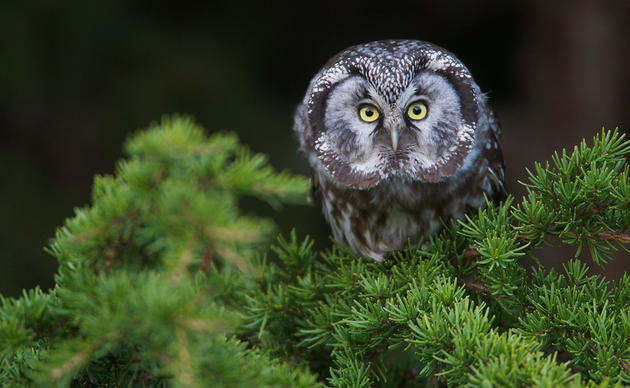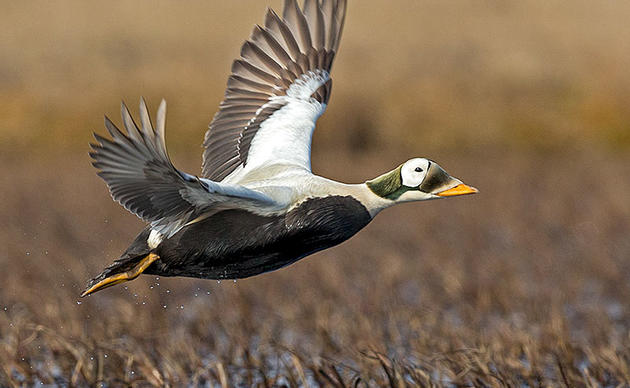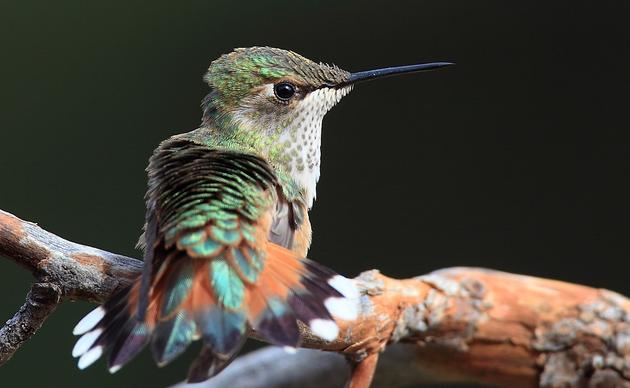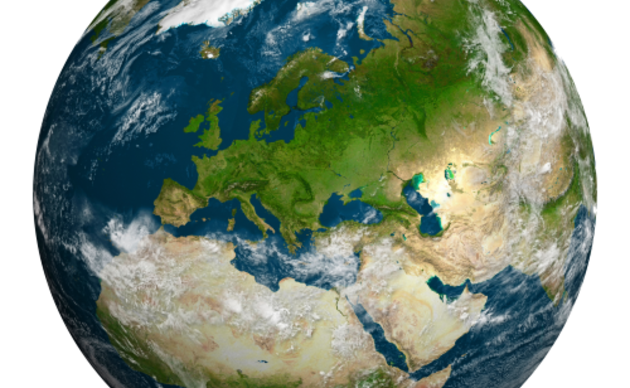In early September, I pulled into the boat harbor in Point Baker, a small fishing community on the north end of Prince of Wales Island (Tlingit: Taan) in southeast Alaska. The western hemlock trees looked brown, their needles damaged by a native insect, the hemlock sawfly. Research shows that the second summer of extreme drought in southeast Alaska may be playing a role in the sudden appearance of these insects. Point Baker Audubon members spoke of warm water, slow fishing, caterpillars, and uncertainty. We still caught silver salmon and walked among towering Sitka spruce trees. But we could feel change everywhere.
Washington Post reporter Dan Zak wrote an op-ed in which he talked about human tendency to say “everything will be okay” even when we know it will not be OK. Climate change is happening. We see and feel it every year in Alaska. A two-page spread in this fall’s newsletter discusses the changes we saw in just one summer in Alaska. What do we do with this knowledge? Zak writes:
“Hold the problem in your mind. Freak out, but don’t put it down. Give it a quarterturn. See it like a scientist, and as a poet. As a descendant. As an ancestor.”
A recent scientific study reports a cumulative loss of three billion birds in the past 50 years. This number does make me want to freak out, but instead, I need to turn it around in my hand, with the eyes of someone who creates a life out of watching the world change. I have to explain to others that even as it is changing, the world is still worth studying, protecting, and our future is still worth the investment even if we do not know the outcome. We are ancestors of a future time and descendants of those who have lived through changes we will never comprehend.
This is where we all must live and work together, in the shifting boundaries of our dynamic planet, at a time when courage may outlive hope. What do we do when we know everything is not okay? We work together to lessen the impact. We speak up and strike to hold our leaders accountable for their indecision. We work hard to understand the science behind what is happening and use those answers to change our behaviors, then change policy.
“Welcome to the Anthropocene,” writes poet Alice Major. “Dear child of fortune, born today in the middle of things. There is no ending, happy or otherwise. Just play your part.” One reason I left academic teaching to become part of the Audubon family is because I saw young students playing their part in our uncertain future. They are the movement mobilizers and climate strikers who participate in making sure the Anthropocene is not an era only shaped by humans, but one that shapes how humans will interact with their world. We all must play our part in creating this new story. Please join us in shaping our hopeful narrative into courageous action, soaring with wings buoyed by unknown winds.




